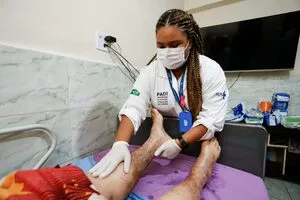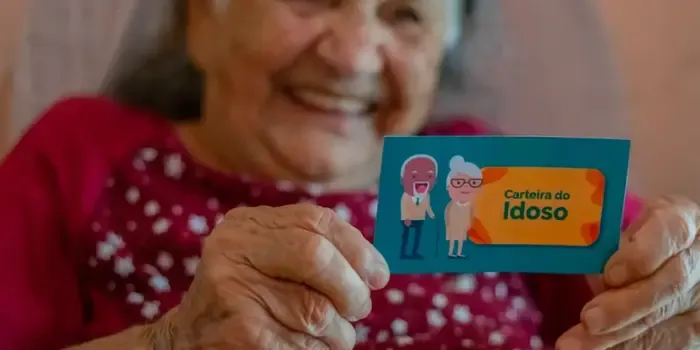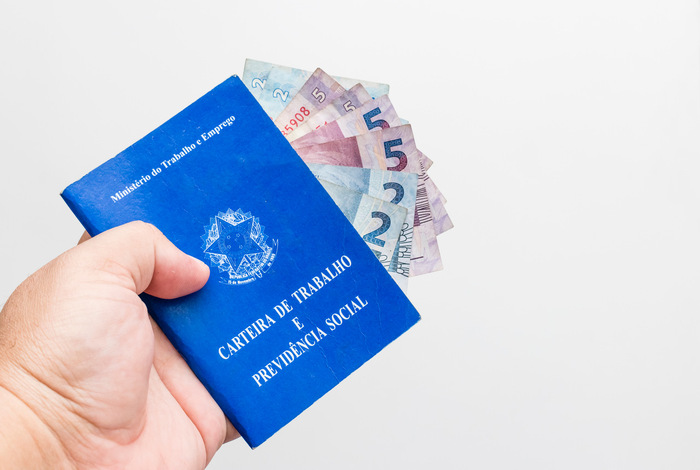The aging of the Brazilian population brings significant challenges, especially with regard to the health and financial well-being of the elderly. As life expectancy increases, many seniors face health and financial difficulties that require special attention. The Brazilian government offers several benefits to support the elderly population, helping them maintain a dignified and independent quality of life.
Adverts
This article explores the government benefits most sought after by elderly people in Brazil, covering medical assistance, food, housing, transportation and financial support. These programs are essential to ensure that older people receive the support they need to live with dignity, safety and comfort, facing the common challenges of aging, such as chronic illnesses and reduced work capacity.
Medical Assistance Benefits
In Brazil, the Unified Health System (SUS) is the main source of medical assistance for the elderly. SUS offers free medical care, including consultations, exams, surgeries and hospitalizations. In addition, the Farmácia Popular program provides essential medicines at reduced or free prices for chronic diseases common among the elderly, such as hypertension and diabetes. Medical coverage through the SUS is crucial to ensuring that older people have access to essential medical care without high costs.
The Family Health Program (PSF) is another important component, providing home care and continuous monitoring for elderly people, especially those with reduced mobility. Health teams carry out regular visits, monitoring the health of the elderly and providing preventive care. This continuous care helps prevent health complications and promotes healthier, more active aging.
Food Assistance
Food security is a significant concern for many elderly Brazilians. The Bolsa Família Program is one of the main income transfer programs that helps low-income families, including many that have elderly people as beneficiaries. The program guarantees an income supplement that can be used to buy food and other essential items. This financial support is vital to ensuring that older people can maintain a balanced and nutritious diet, which is essential for preventing disease and promoting overall health.
Furthermore, the National School Meal Program (PNAE) and local initiatives such as the Social Assistance Reference Centers (CRAS) offer food support for elderly people in vulnerable situations. These programs ensure that seniors have access to healthy meals, contributing to their nutrition and well-being. Food security is a crucial component of the health of older adults, helping to prevent malnutrition and other conditions related to poor diet.
Housing Assistance
Housing is one of the main challenges for many elderly Brazilians. The Minha Casa Minha Vida Program offers subsidies for purchasing a home for low-income families, including the elderly. This program helps ensure that seniors can have safe and affordable housing, significantly reducing the financial burden related to housing. Housing stability is essential for the well-being of seniors, providing a safe and stable environment in which to live.
Furthermore, the National Social Housing Policy (PNHIS) offers support for housing improvements, ensuring that seniors' homes are safe and suitable for their needs. Land regularization programs are also important, helping elderly people to legalize their homes and guarantee permanent possession of the property. These programs are essential to improving the quality of life of seniors, providing a safe living environment suited to their specific needs.
Benefits of Transportation for the Elderly
Mobility is essential for older people to access health services, shop and participate in social activities. In Brazil, seniors aged 65 or over have the right to free urban and semi-urban public transport, guaranteed by the Elderly Statute. This benefit is crucial to allowing older people to maintain their independence and mobility, facilitating access to essential services and social activities.
In some cities, such as São Paulo and Rio de Janeiro, free access is extended from age 60 onwards, offering even more support for the mobility of the elderly. Additionally, adapted transportation programs, such as Atende (in São Paulo), provide specialized transportation for elderly people with reduced mobility, ensuring access to healthcare and other needs. These transportation services are critical to ensuring that seniors can maintain active and engaged lives without mobility barriers.

Financial support
Many elderly Brazilians depend on social security benefits as their main source of income. The National Social Security Institute (INSS) offers retirement due to age and disability, as well as a death pension for dependents. Furthermore, the Continuous Payment Benefit (BPC) guarantees a minimum monthly wage for low-income elderly people who are unable to support themselves.
These financial benefits are vital to ensuring that seniors can cover their basic expenses and live with dignity. In addition to social security benefits, programs such as the INSS Payroll Credit for Retirees and Pensioners offer access to credit with lower interest rates, helping seniors manage their finances and deal with unexpected expenses.
This financial support is essential for the economic security of elderly people, providing a safety net that allows them to live with greater peace of mind and security. This not only helps cover unexpected expenses, but also provides financial stability, allowing seniors to enjoy a better quality of life.
Conclusion
Government benefits play a vital role in supporting seniors in Brazil, helping them face the financial and health challenges that come with age. From medical and food assistance to housing and transportation, these programs provide crucial relief, allowing seniors to live with dignity and independence. It is essential that older adults and their caregivers are aware of these opportunities and know how to access them to ensure the maximum support is available.
These programs not only improve the quality of life of seniors, but also promote their independence, security, stability and general well-being, allowing them to live their lives with more comfort and tranquility. Additionally, local organizations and social service agencies can provide valuable assistance in navigating these programs, ensuring that seniors receive all the support they are entitled to.

